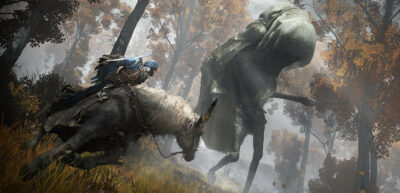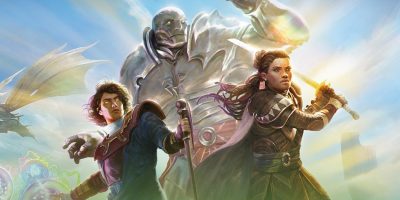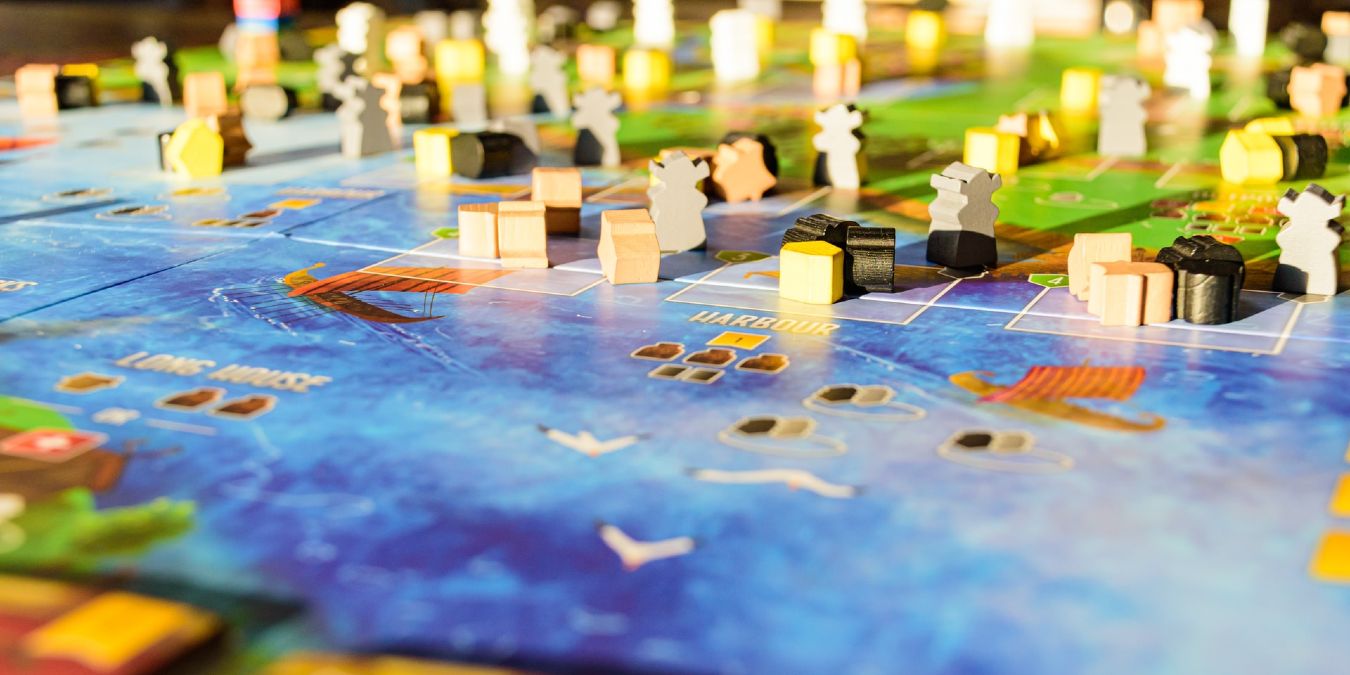
When it comes to tabletop gaming, there are often misconceptions about what it is and what it is not. For instance, tabletop gaming is not playing your Nintendo Switch on a kitchen table. In fact, tabletop gaming is mostly analog. It mostly involves playing with friends, family or in a group setting but there are some games that work for two players. Let’s take a look at what tabletop gaming means and how you can get started in this incredibly popular gaming genre.
What Defines a Tabletop Game?
In the broadest sense, you can define tabletop gaming as something that requires a table or surface to play on. Where it gets a little more defined is that it can require a mix of using game pieces as well as accessories that might take the form of cards, dice, game boards, miniature figures/models, etc. It’s easy to think, at first glance, that tabletop gaming and board games might be two different things. However, games like Monopoly fill the definition of requiring a table, using cards, dice, miniature figures, etc. They just come in on a box and can be completed in one sitting.
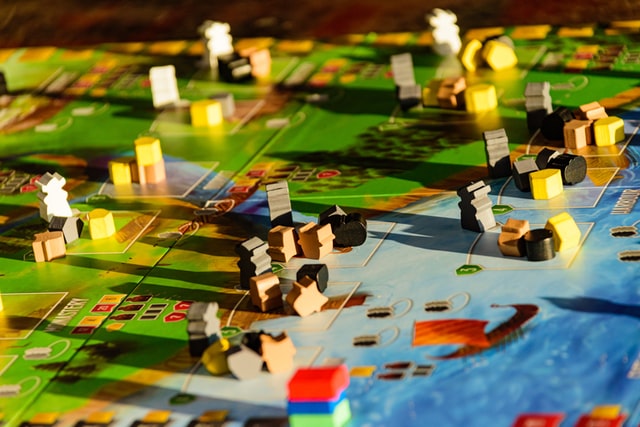
On the other hand, tabletop games require a larger surface to play on and encompass more classifications aside from board games. Game types are generally broken down into other categories along with board games: card, dice, role-playing, strategy, tile-based and paper and pencil. You can then start filtering games into each of these categories. Some strong proponents of tabletop gaming might not love the idea of games like Bunco being looped into the same broad definition of Dungeons & Dragons, but they both meet the tabletop gaming definition.
Types of Tabletop Games
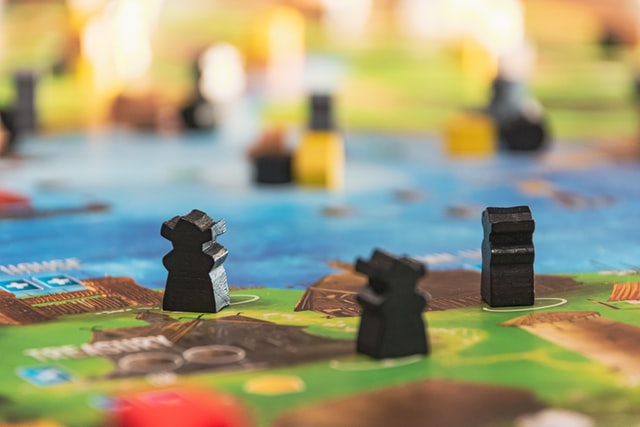
- Board games are the most obvious but they offer the most basic definition. Games like Monopoly, Uno and Checkers are all examples of board games.
- Role-Playing games are often thought to be the most popular of the tabletop gaming genre. In the sense that it includes titles like Dungeons and Dragons, its popularity may very well be true. These games often consist of multiple playing sessions with upwards of 10 players taking turns and with a “Game Master”, someone who helps set the stage for the game.
- Strategy games are pretty much as they sound, tabletop games that require a significant amount of strategy. Chess is the most common and popular example and, unlike Checkers, it requires careful planning and decision. Other board games like Monopoly are reliant on the roll of dice but in Chess each move is based entirely on a player’s strategy.
- Card games is any game that uses a 52-card deck of playing cards as its primary mechanism for gameplay. This includes basic titles like Uno and Go Fish alongside more strategic titles like canasta and poker. Card games should not be confused with games that also include cards as an element of the game but they are not necessarily the primary focus.
- Deck-Building games require each player to construct a deck. They differ from collectible card games like Magic: The Gathering in that players do not buy cards in randomized packs ahead of the next match. Instead, decks are built during the game and players can “purchase” cards during a round to help build up their deck. Dominion is often regarded as the most popular deck-building tabletop game.
- Dice games are almost exactly as it sounds, games that require dice as the primary mechanism of play. One of the more common titles is Yahtzee and this requires a table so it’s an even surface that every player can visually see as a dice rolls.
- Paper and Pencil games are the most basic form of tabletop gaming and include games like tic-tac-toe, hangman, etc.
Where Should I Start?
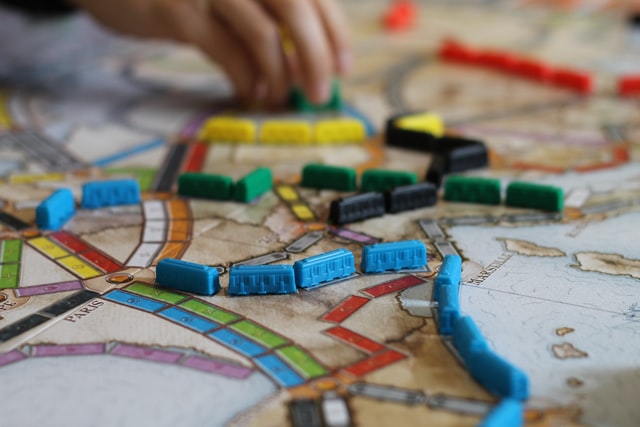
Okay, you have a basic understanding of the different types of tabletop games and a good idea of how to learn the rules. So what’s next? Well, first, you need to choose which game you want to play. That’s the most important piece of the puzzle. Whether it’s Dungeons and Dragons, Ticket To Ride or Dominion, knowing which game appeals to you is the first step and then you can start to consider how you will learn more.
How Do I Learn?
For the most part, tabletop games like dice, paper and pencil and strategy games are self-taught and board games are likely introduced by family or friends. Tabletop gaming like Dominion, Dungeons and Dragons and more complex titles require a little more assistance. Start by looking up a rulebook online. They are available across Google and start reading. It’s not critical that you read the rules to the point where you have them memorized but it’s the best place to start. Understanding the rules so you at can explain basic elements of the main game is a good guide to help you know when you are ready to advance.
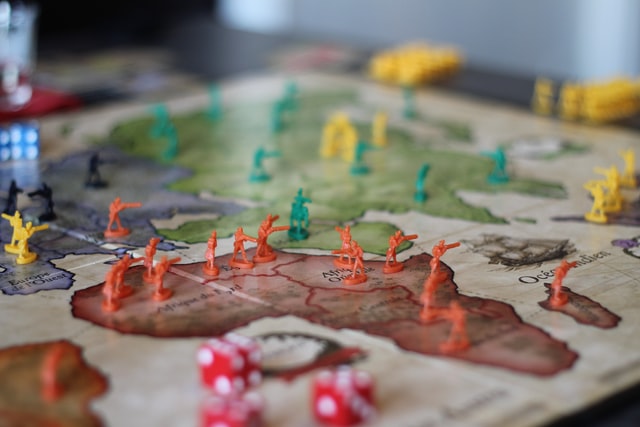
With a solid understanding of the rules, advance to YouTube where there is almost an endless supply of videos that can show you both basics and advanced gameplay. It’s not always the most efficient manner as different creators will want to show how to play in a different way. However, they are a good place to make sure you understand the rules. Once you have watched some videos, try a game against yourself. Yes, it’s not the most exciting way to play but it’s a good way to gauge how much of a game you have begun to absorb.
Wrapping Up
When you first came into this article, you might have considered that tabletop gaming was limited to popular titles like Dungeons and Dragons. Now that you know it’s far more complex, are you ready to try your hand at a new game?






